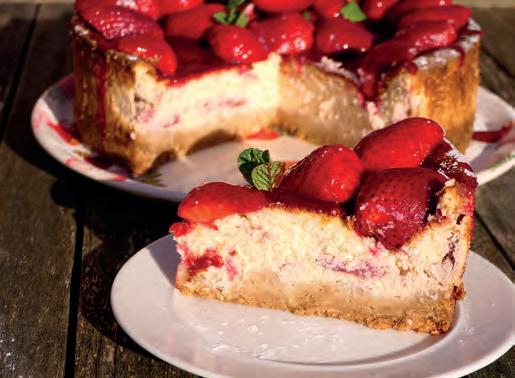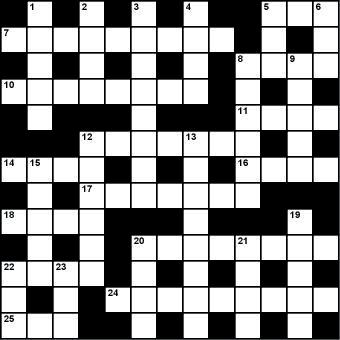
2 minute read
Canine communication with Julia Collins
Parlez Vous POOCH?!
Blogger and qualified ‘Dog Listener’ Julia Collins looks at how to ease young dogs into life as we become more social again.
Advertisement
So, how will your ‘re-entry’ be? In extremis, you will have acquired a darling little lockdown puppy whose experience has been wall to wall human company. Attention-rich, real-life-situationpoor, it is now your responsibility to help your dog adjust to the approaching normality – and this might be challenging. For puppies, there is a crucial optimal window in which to expose them to as many stimuli as possible. While the brain is still plastic, they can absorb experiences and become well adjusted and capable of coping with what life among us humans is likely to offer. A dog deprived of these opportunities will find it more difficult to cope. Care, consideration and patience will pay off. Don’t expect t too much too quickly, and you’ll l definitely be on the right track. Just as we will find d greater social interact tion surprisingly stimulating, so will your young dog g. Happily, continued so ocial distancing plays right t into your hands. Your dog can digest greater stimulation from afar…perfect! We elcoming visitors to our homes once more presents the per rfect opportunity to remind people that they should ignore the dog when they arrive, and only say hello once it’s com mpletely relaxed.* When out walking g, with social distancing ingr rained in all of us, it should feel easier to ask people to refrain from touching your dog without asking first. If you are no longer working from home, the day-long company and hustle and bustle your dog has become accustomed to will change, so introduce as many aspects of this new routine as soon as possible. It’s not difficult to understand how upsetting it could be for your dog to be catapulted from long lazy breakfast time and leisurely walks, to a snatched whizz round the block, followed by total silence as they are left in an empty house. If you do leave your dog at home while you go to work, it’s essential that they are not left for more than three hours at a stretch before someone comes to at least let them into the garden and provide company for a while, preferably taking them for a walk or play. A young dog or puppy shouldn’t be left for long at all. It’s entirely wrong and very unkind to leave them alone. A gradual and careful build up to being left must be carried out as they mature, something I can only hope some ‘lockdown owners’ took on board. Quite honestly, if a dog is to be left day after day, proper ‘day-care’ must be organised. With the latter in place, start practising by leaving the dog on its own while you go upstairs or work in a separate room, having first taken it for a good walk to drain energy and ensuring that it’s ready for a snooze.
* See Parlez Vous POOCH?! – The Reunion – Canine Behaviour August/September 2020 Issue. See also blog posts Separation Anxiety, parts 1 and 2.
Parlez Vous POOCH?! articles are also available on the Oracle, an audio information magazine for visually impaired listeners, which is part of Wymondham and Attleborough Talking Newspapers. To access all the Talking Newspaper recordings, go to
www.watn.org.uk
Julia Collins @walksoflifessuffolk www.walksoflife.co.uk










